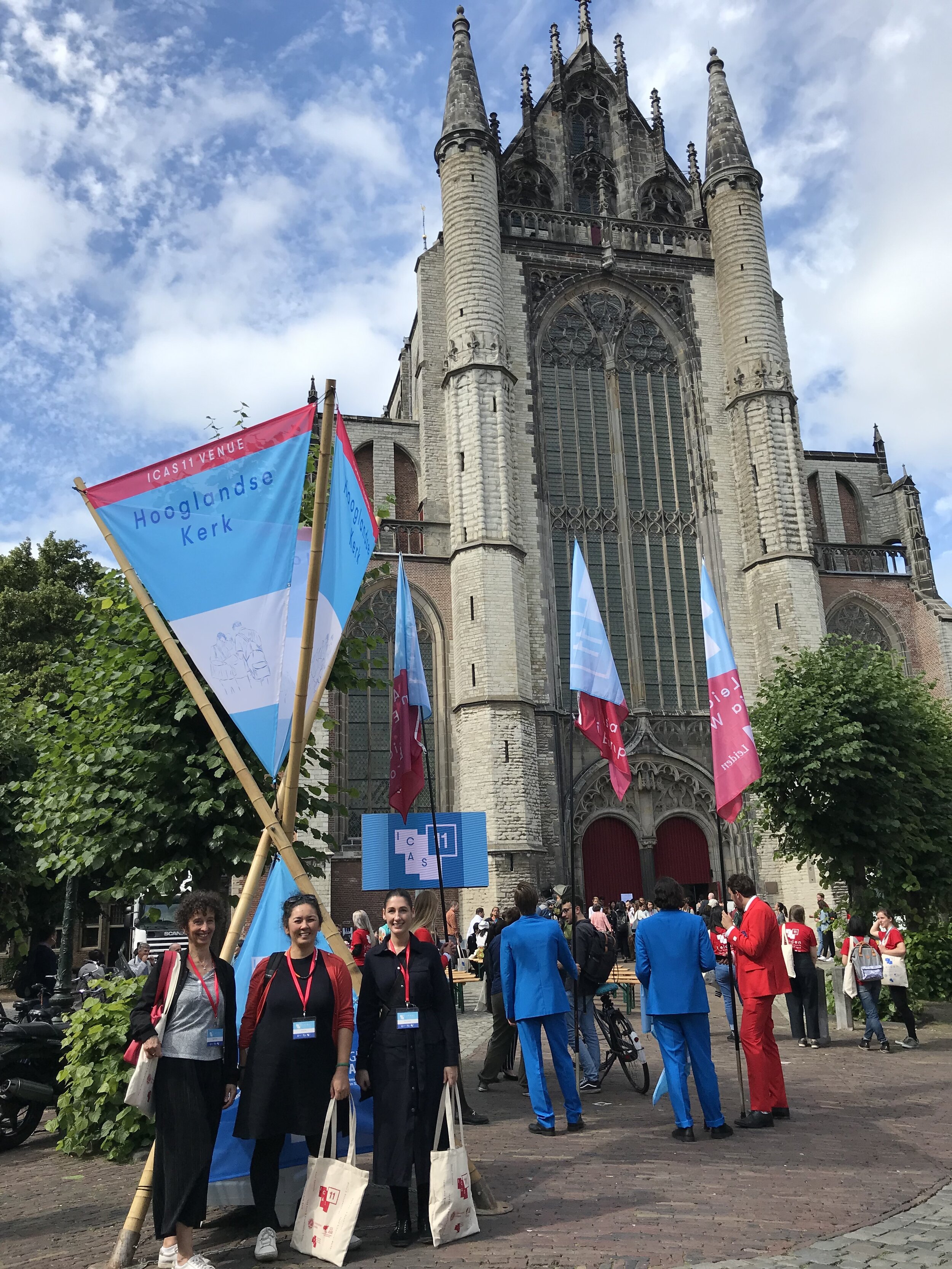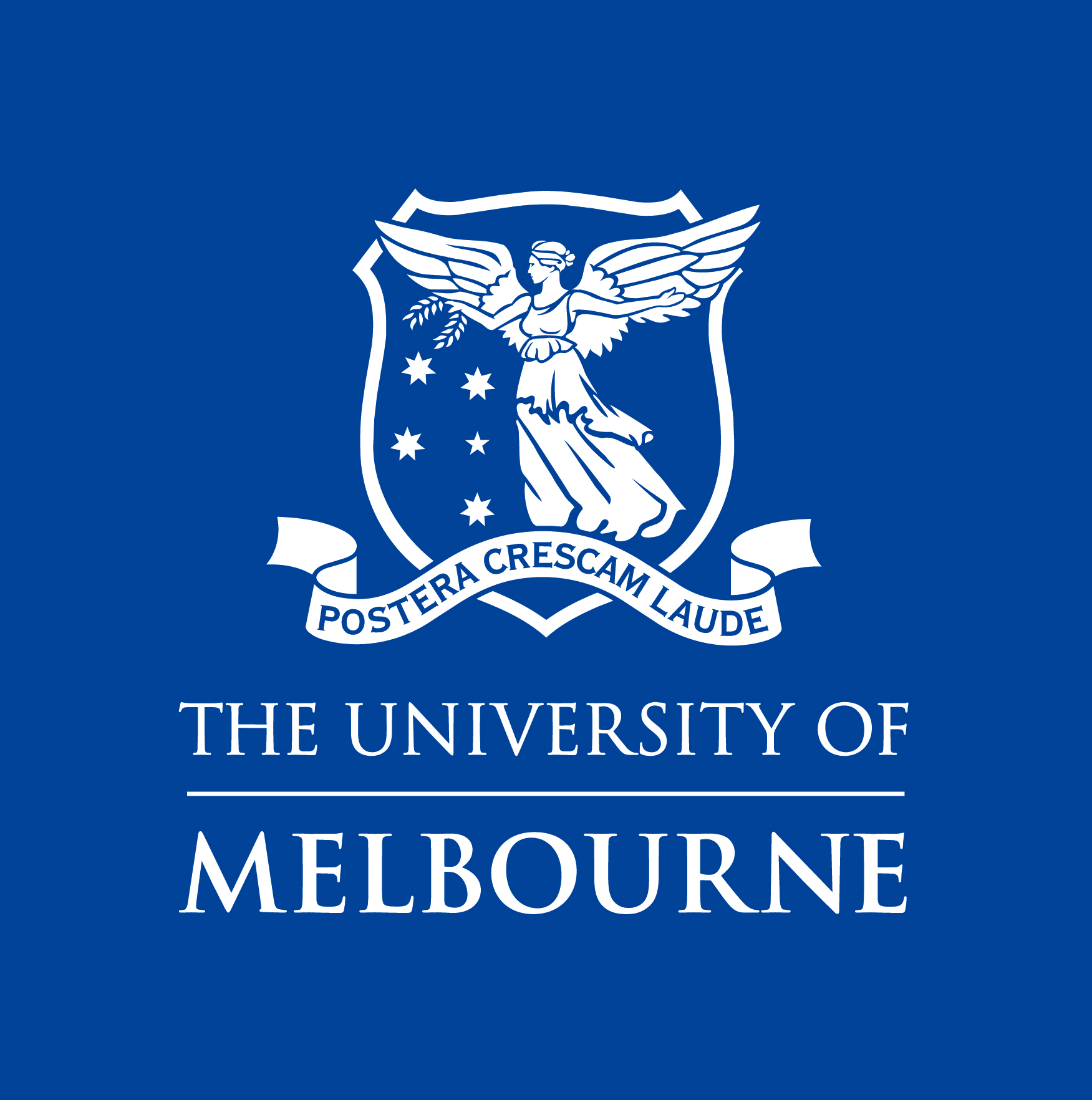The Right to Conserve Cultural Material?: Decision Making & Materiality
APTCCARN Members Nicole Tse, Ana Labrador, Sabine Cotte, Diana Tay and Eliza ‘Donnell presented a panel on The Right to Conserve Cultural Material?: Decision Making & Materiality at the 11th International Convention of Asia Scholars (ICAS), Leiden, the Netherlands, 15-19 July 2019.
PANEL ABSTRACT
The act of conservation asserts values, voice, legitimacy and power. This leads to knowledge asymmetries, ambiguities, and questions around who then gets to decide what is important to conserve, and what form this takes. What is appropriate in place-based contexts is often positioned between the aims of heritage and identity, and object-centered practice and scientific processes. These are value-based and socially situated decisions across differences in material behaviour, institutional cultures, developmental histories and disciplinary backgrounds.
Our panel will interrogate the space and connectivity around which the decisions to conserve cultural heritage are made, the forms these actions take, and who these systems give voice to. Notions of authenticity, centres of expertise, and representation of diverse knowledges have emerged as key concepts across postcolonial and cultural heritage studies. These ideas challenge cultural heritage practitioners to examine their position, revise their methodologies, and question motivations around these interventions in a cross-cultural context. New approaches to conservation practice are advocating for disciplinary forms of expertise that are diverse, self-reflexive, and inclusive of source communities and the development of regional approaches.
As conservators and researchers working across and within the Asia Pacific region — in Taiwan, Singapore, Indonesia, the Philippines and Australia — panellists will present from their varied perspectives, regions, and areas of expertise, with a greater focus on:
Heritage and Identity: Notions of authorship and representation of diverse knowledge systems ground conservation decisions and practice, and thereby the enduring cultural record. Historically framed by the divide between science and the social, objects and living cultures, east and west, and expertise versus cultural rights, these concepts will be explored by the papers.
Connectivity: Prioritises the concept of ‘relationships’ as a cultural practice. This supports dialogues vested in people and the embodied knowledge of heritage professionals, artists, curators, and cultural practitioners, important steps towards the development of a ‘shared thought style’.
New pedagogies: From a materials conservation perspective, clearly there are few scholarly studies on the risks to objects and their rates of decay in tropical climates, while discussions on perceptions of damage, material lifetimes, and the social practice of conservation continue. We acknowledge that the promotion of expensive materials and scientific methods fosters dependency without developing capacity and empowerment. How flexible do technical approaches need to be in engaging with these issues?
This panel builds on recent Asia Pacific Tropical Climate Conservation Art Research Network (APTCCARN) research and aims to contribute to the breadth of academic research centres on challenging issues associated with the conservation of Southeast Asian cultural material. Launched in 2008, APTCCARN was inaugurated at Balai Seni Negara in Malaysia - then Balai Seni Lukis Negara (National Art Gallery), which focussed on the theme of ‘20th Century Art Conservation Research’, with partners in Singapore, Thailand, Malaysia and the Philippines.
Panel Chairs: Dr Nicole Tse & Dr Ana Labrador
Dr Sabine Cotte: Collections, Communities and Projects in Bhutan and Nepal
Diana Tay: The ecology of conservation practices: Knowledge systems, communities of practice and embodied values
Eliza O’Donnell: Authenticity, the artist record and the right to know
SPONSORS
We acknowledge and thank our sponsor The University of Melbourne for supporting the attendance of Eliza O’Donnell at this panel provided through an Alma Hansen Scholarship, with thanks also to the Grimwade Centre for Cultural Materials Conservation, School of Historical and Philosophical Studies, Faculty of Arts, University of Melbourne, Australia

